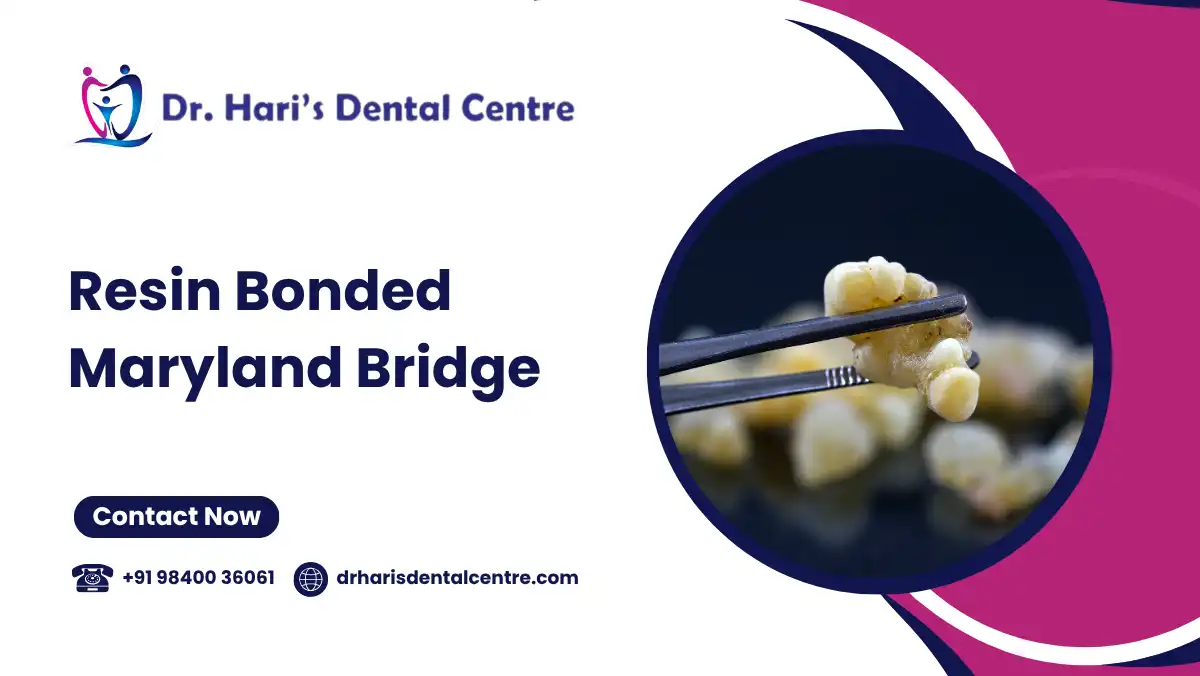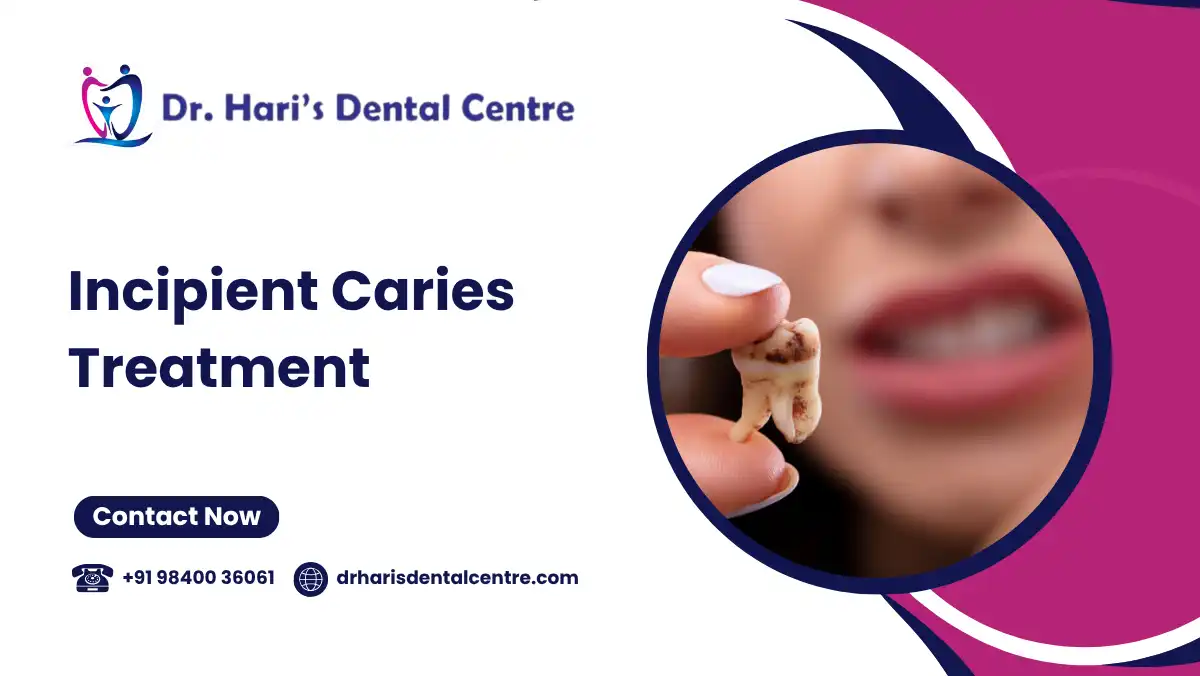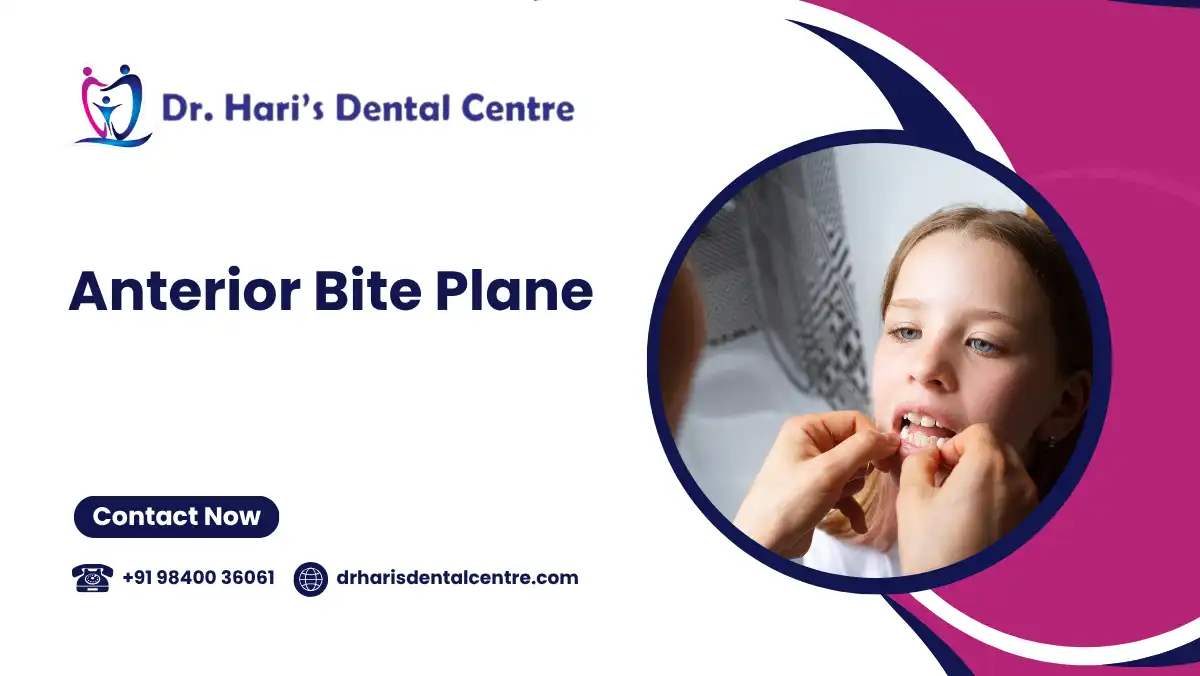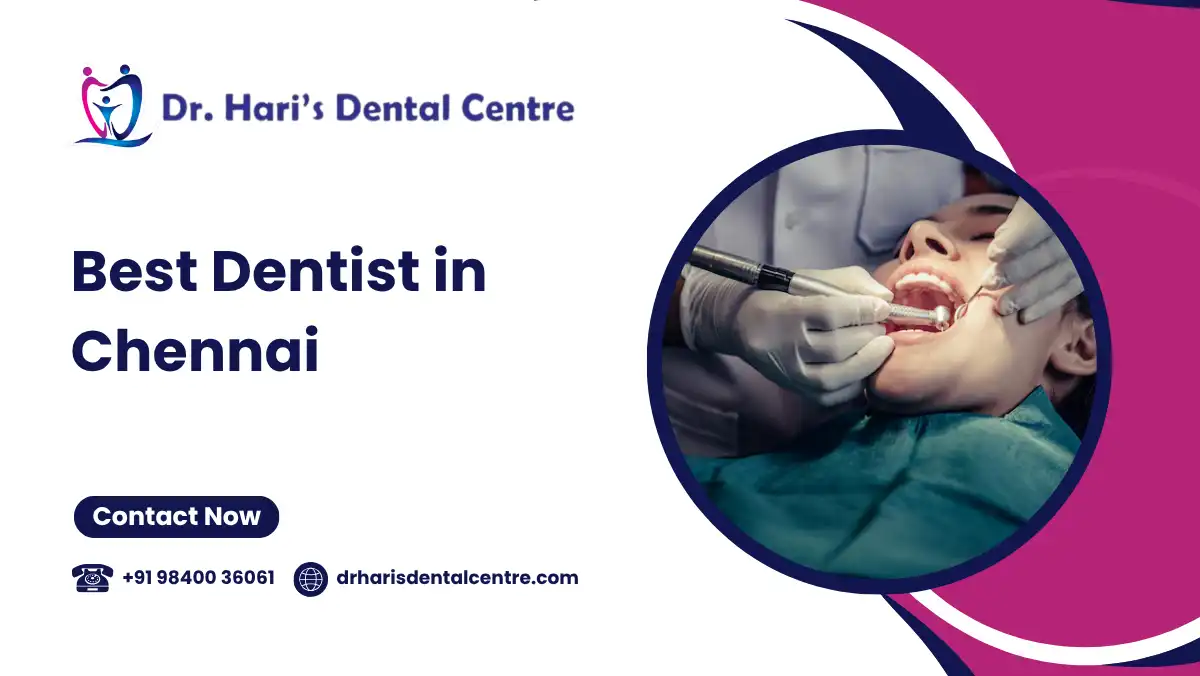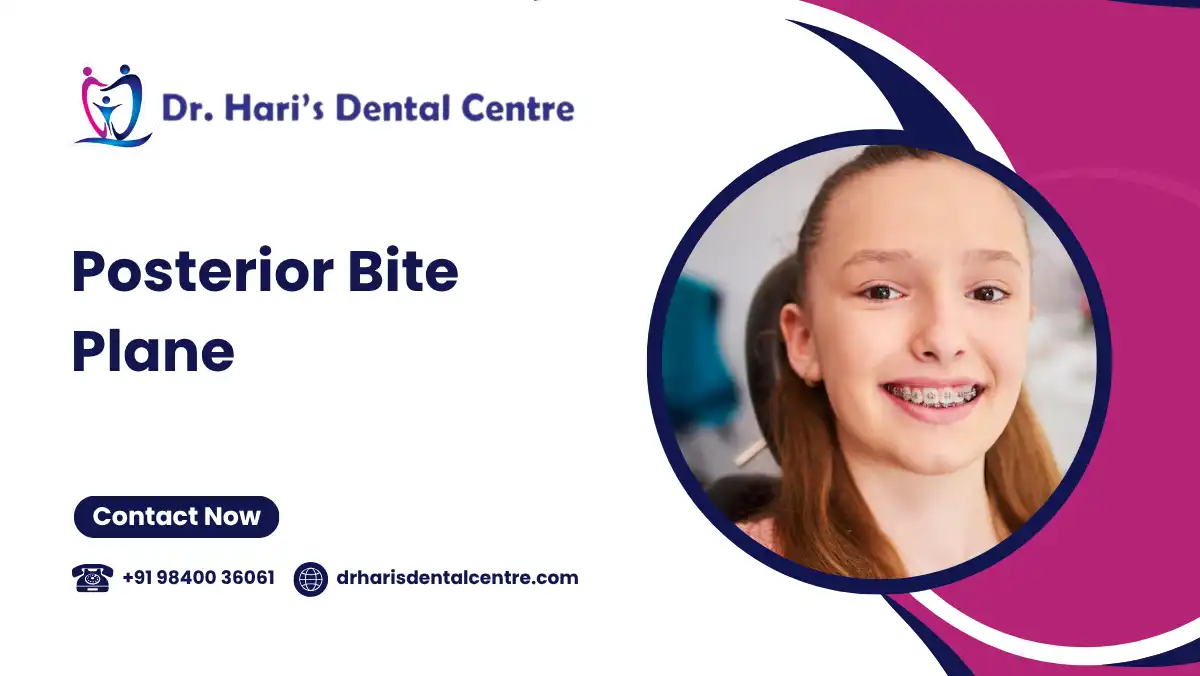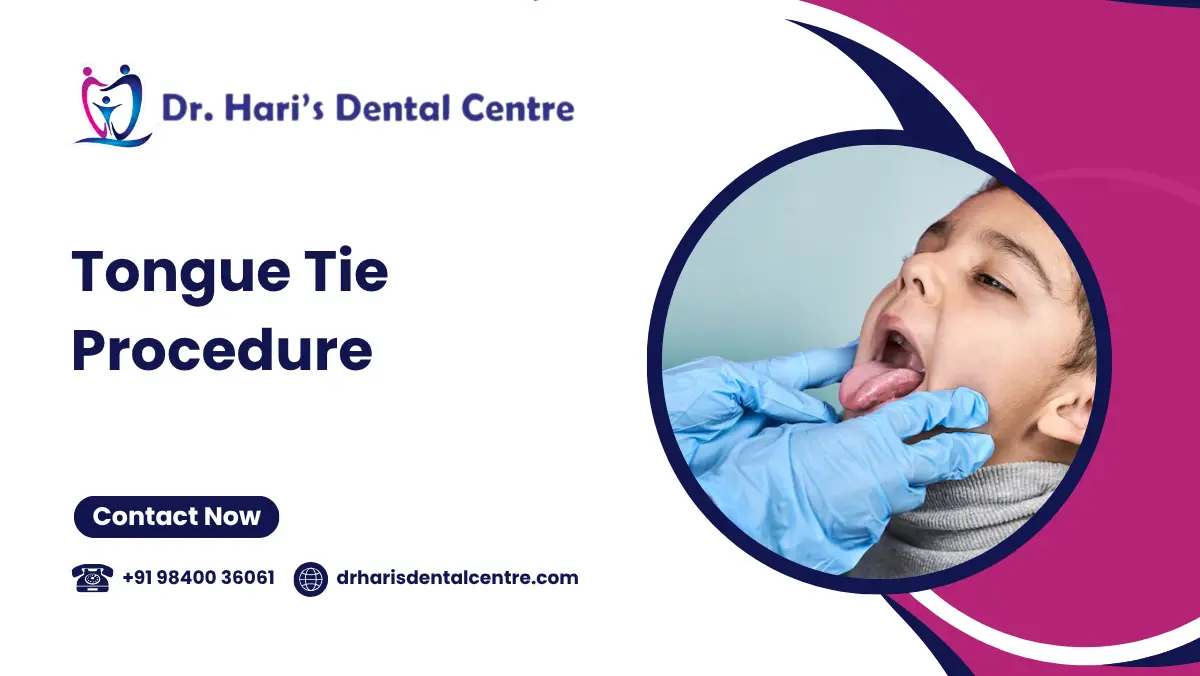Preventive dentistry is a proactive approach to oral health that focuses on maintaining healthy teeth and gums to prevent dental issues before they arise. This field of dentistry involves regular dental checkups, cleanings, fluoride treatments, and patient education to ensure optimal oral hygiene. Studies indicate that individuals who follow preventive dental practices experience fewer cavities, gum diseases, and dental emergencies, reducing the need for extensive treatments. Preventive dentistry is crucial for children and adults alike, as it not only preserves natural teeth but also promotes overall well-being by preventing oral infections that can impact general health. By investing in preventive care, individuals can maintain a healthy, confident smile and avoid costly dental procedures in the future.

Preventive Dental Care
Preventive dental care encompasses a range of practices aimed at reducing the risk of dental issues such as cavities, gum disease, and enamel erosion. This includes brushing twice daily with fluoride toothpaste, flossing, and using an antibacterial mouthwash to eliminate plaque and bacteria. Regular visits to a dental professional for cleanings and examinations are also essential to detect potential concerns early.
- Dental sealants help protect the deep grooves of molars from decay by creating a protective barrier that prevents food particles and bacteria from accumulating.
- Fluoride treatments strengthen enamel by replenishing lost minerals, reducing the risk of cavities, and preventing early-stage tooth decay from progressing further.
- A balanced diet rich in vitamins and minerals, along with a reduced sugar intake, contributes to strong, healthy teeth by limiting harmful bacterial growth in the mouth.
Oral Health Maintenance

Maintaining oral health requires consistent and effective hygiene practices along with lifestyle choices that support strong teeth and gums. Brushing for at least two minutes twice daily and flossing once a day helps remove plaque and prevent bacterial growth that leads to cavities and gum disease. Using fluoride-containing dental products enhances tooth strength and protects against demineralization.
- Avoiding tobacco and excessive alcohol consumption reduces the risk of gum disease, tooth discoloration, and oral cancers, ensuring long-term oral health and fresh breath.
- Staying hydrated and consuming calcium-rich foods such as dairy products and leafy greens promote strong teeth and gums by replenishing essential minerals.
- Replacing toothbrushes every three months or sooner if the bristles become frayed ensures effective plaque removal and maintains good oral hygiene.
Routine Dental Checkups
Routine dental checkups are fundamental to preventive dentistry, allowing early detection of oral health issues and professional cleaning to remove plaque and tartar buildup. Dental professionals assess overall oral health, check for cavities, examine gum health, and screen for potential issues such as oral cancer.
- Professional cleanings performed by dentists or hygienists remove hardened tartar that regular brushing cannot eliminate, preventing cavities and gum disease.
- Dental X-rays help detect hidden cavities, impacted teeth, or underlying dental concerns before symptoms arise, allowing for timely treatment and intervention.
- Personalized guidance from dentists on brushing techniques, flossing methods, and dietary habits ensures optimal home care routines and better long-term oral health.
Cavity Prevention Tips
Preventing cavities involves a combination of daily habits, dietary choices, and professional treatments. Practicing proper oral hygiene is the first step in minimizing the risk of tooth decay and preserving enamel strength. Reducing the consumption of sugary and acidic foods further protects against cavities.
- Using fluoride toothpaste and mouthwash strengthens enamel, fights decay, and provides long-lasting protection against the harmful effects of bacteria and acids in the mouth.
- Chewing sugar-free gum, especially those containing xylitol, stimulates saliva production, which helps neutralize acids and wash away food particles that can cause cavities.
- Avoiding frequent snacking between meals minimizes bacteria buildup and enamel erosion, as continuous exposure to sugars and acids increases the risk of decay.
Gum Disease Prevention

Gum disease, or periodontal disease, is a major concern that can lead to tooth loss and other health complications if left untreated. Preventing gum disease involves maintaining excellent oral hygiene and addressing any signs of inflammation or bleeding gums promptly. Routine professional cleanings help remove bacteria from below the gumline, reducing the risk of infection.
- Daily flossing removes plaque and food debris from areas between teeth that brushing cannot reach, significantly lowering the risk of gum disease and bad breath.
- Quitting smoking significantly lowers the risk of gum disease progression by improving blood circulation to the gums and reducing inflammation caused by tobacco use.
- Managing stress through relaxation techniques, exercise, and a balanced lifestyle helps control gum inflammation and promotes overall oral and general health.
Conclusion
Preventive dentistry is essential for maintaining lifelong oral health and reducing the need for extensive dental treatments. By prioritizing oral hygiene, attending routine checkups, and making healthy lifestyle choices, individuals can protect their teeth and gums from decay and disease. Investing in preventive care not only preserves natural teeth but also contributes to overall health and well-being. With a proactive approach to dental care, individuals can enjoy a bright and confident smile for years to come.







